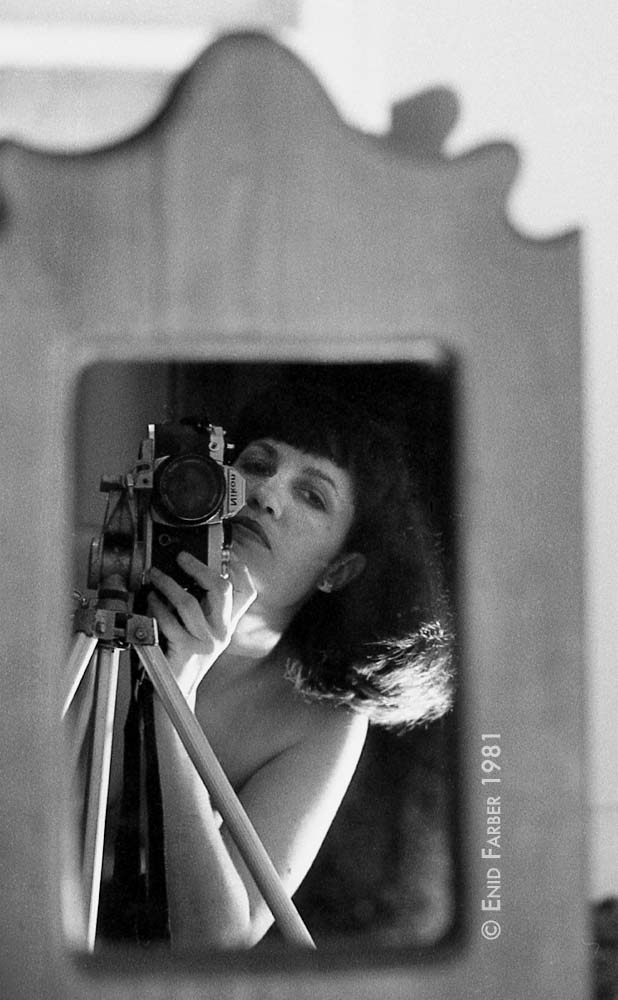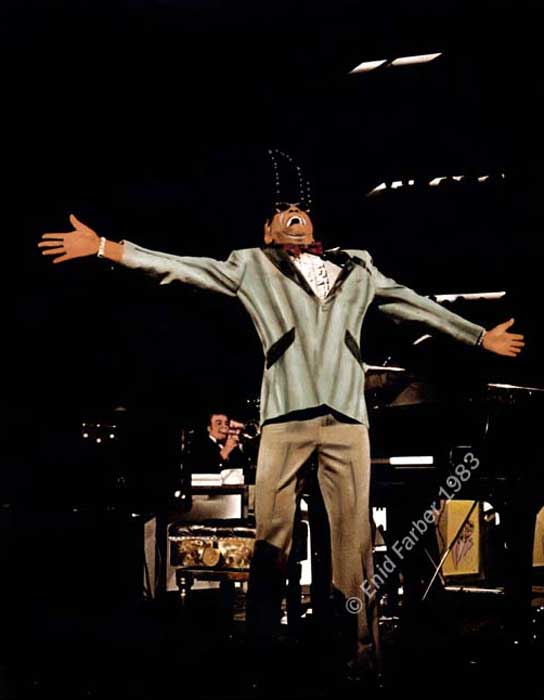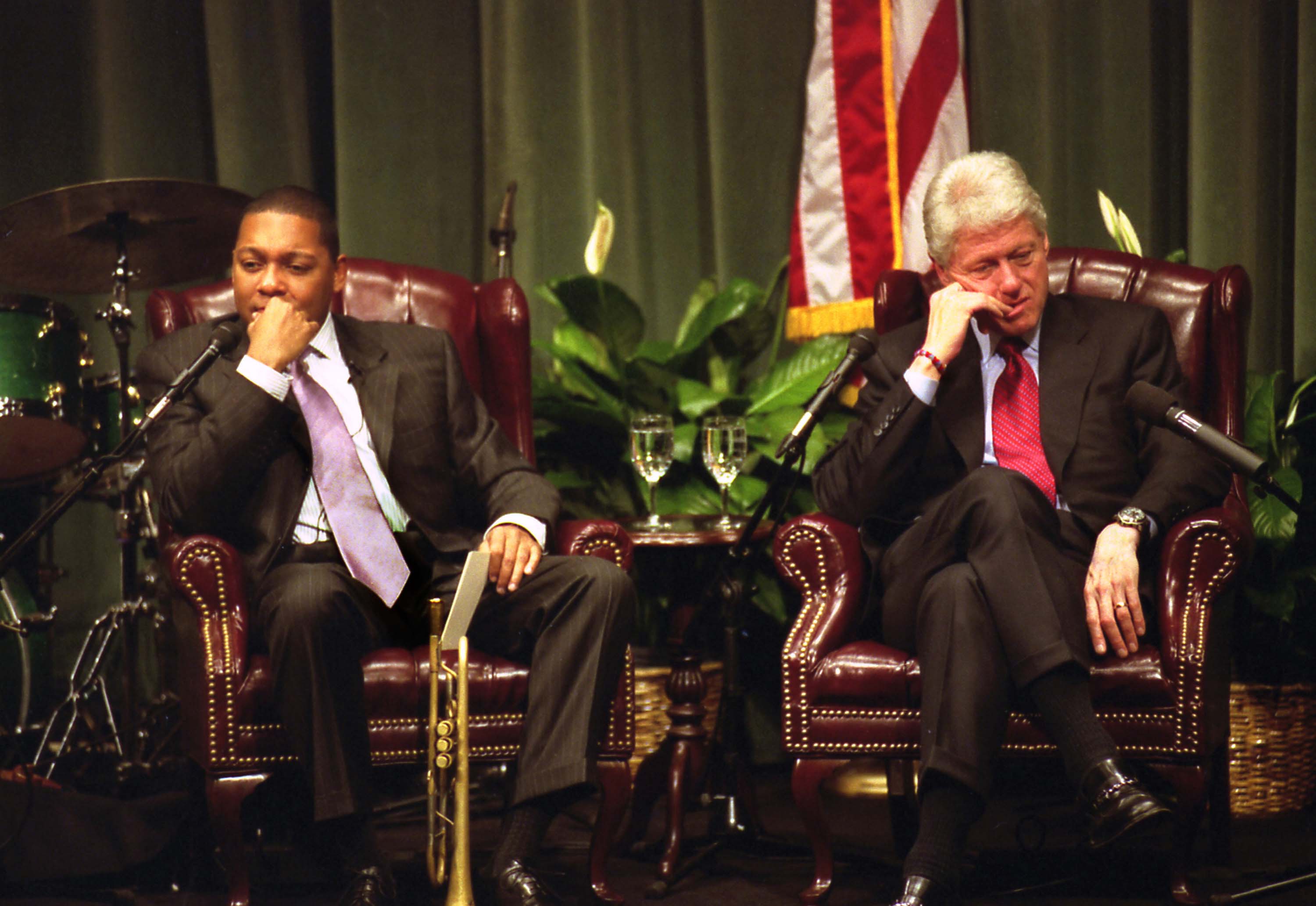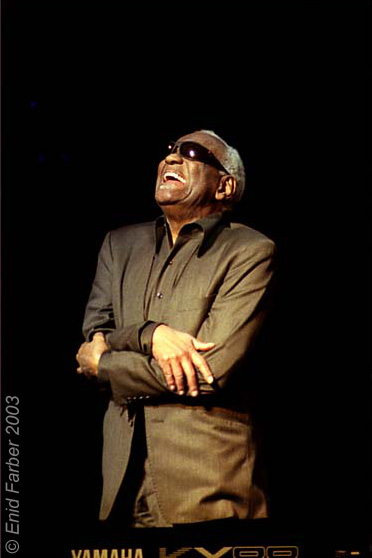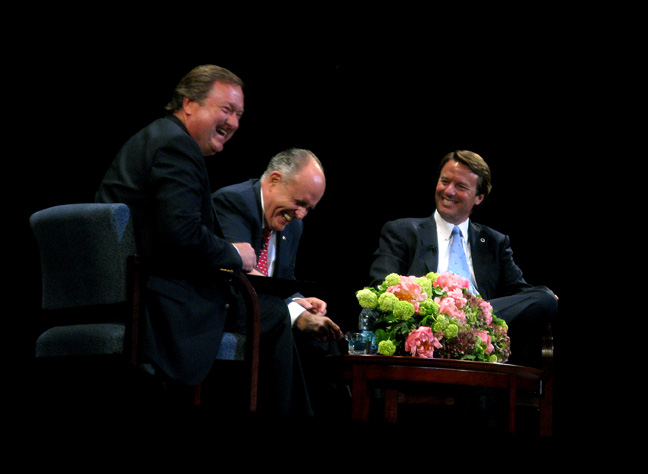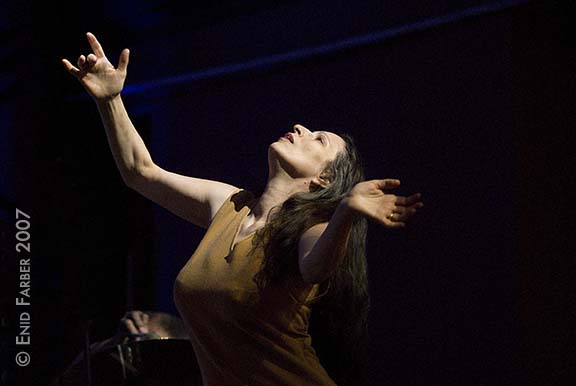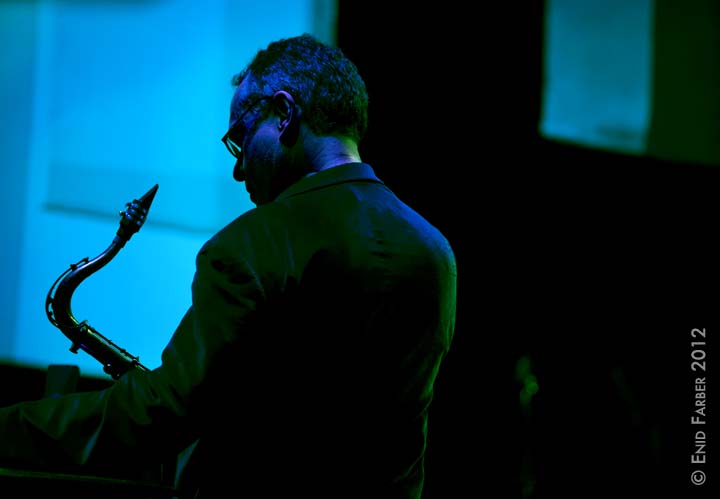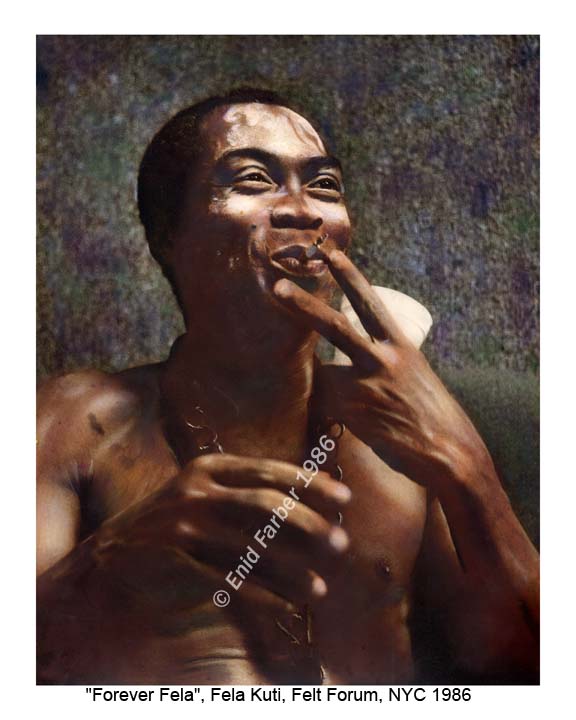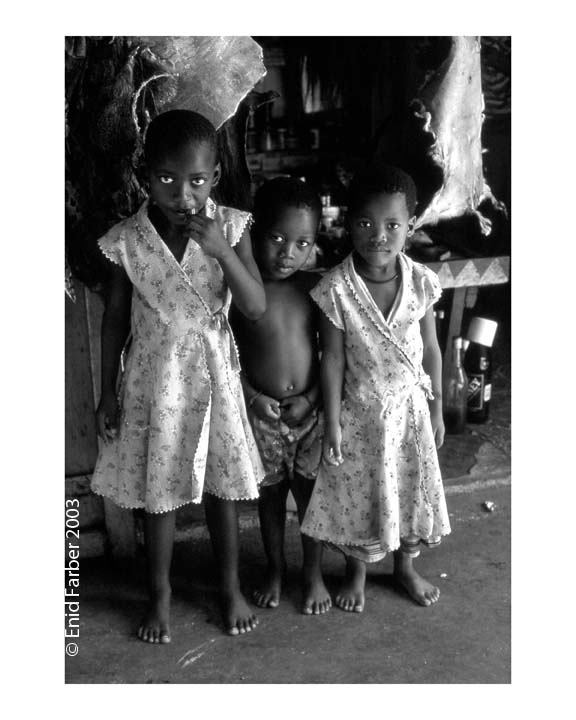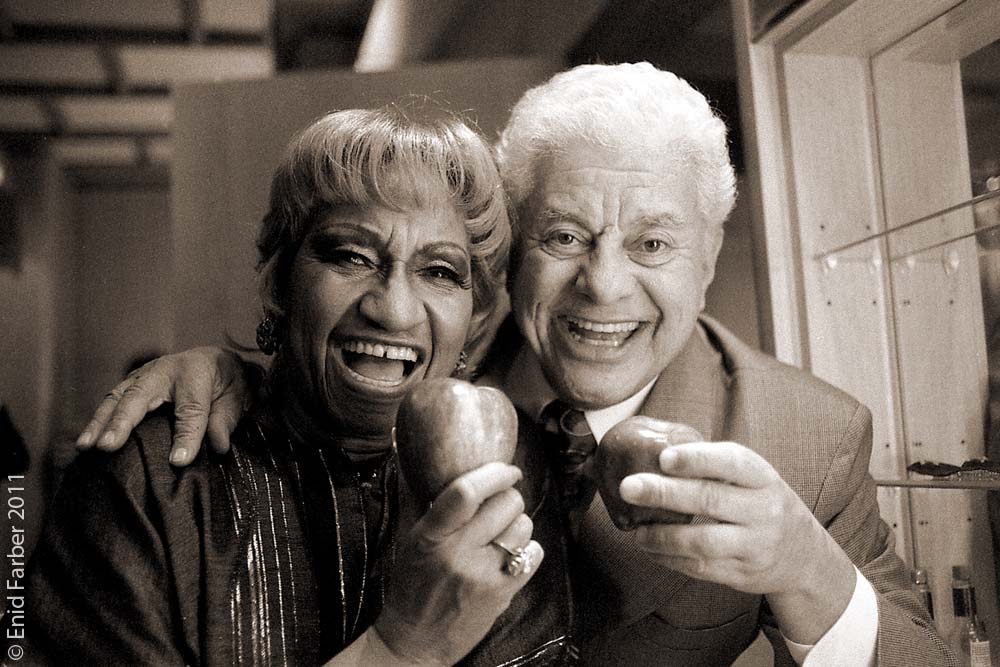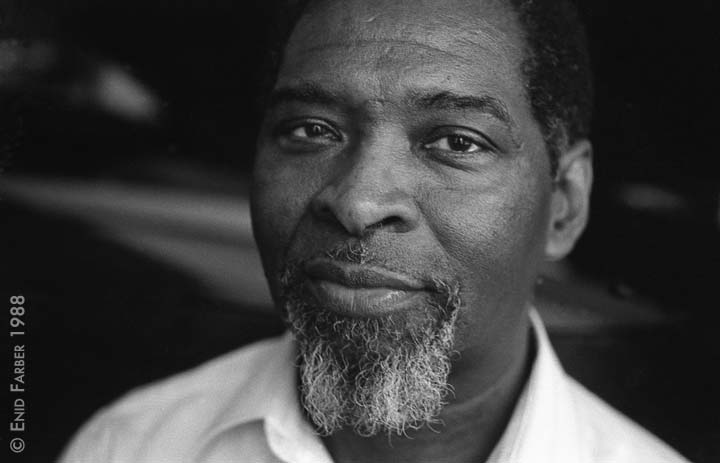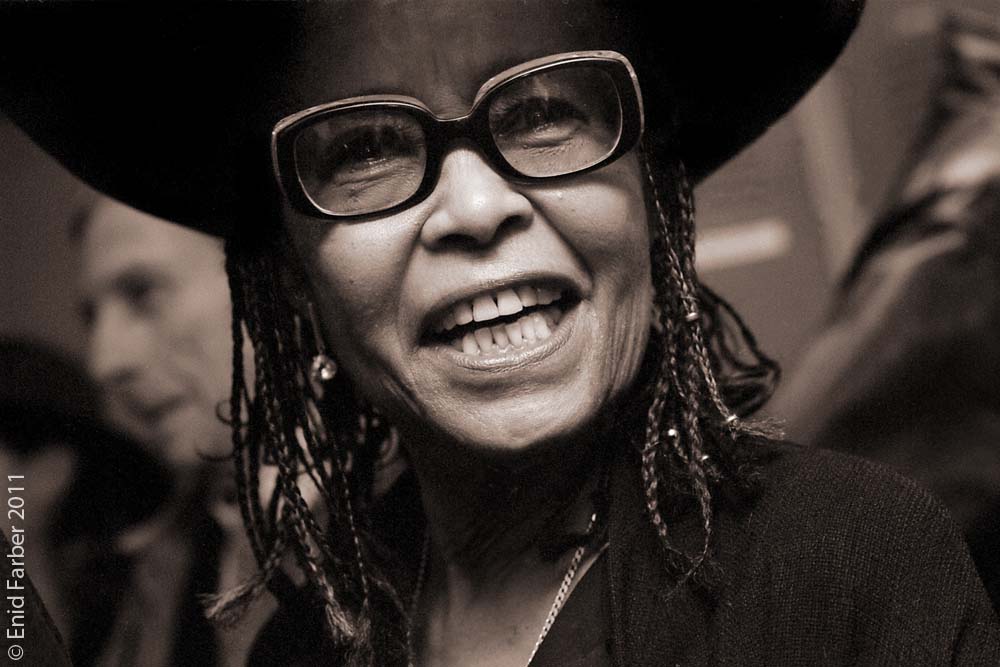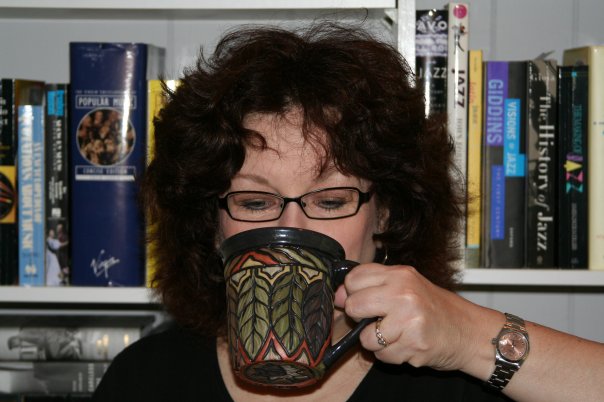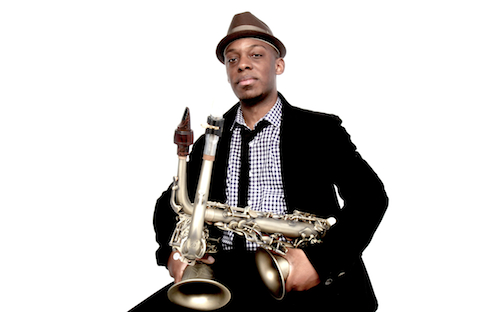After many years of writing record reviews I’ve largely grown rather weary of that particular jazz journalism exercise; and that also includes reading record reviews, which I assiduously avoid – with the exception of what I refer to as DownBeat’s monthly gang review, you know the feature where several of their writers have at the same records. Some of those guys stylistic proclivities are so predictable as to be almost comical. For example I think they assign John McDonough to review anything edgy just for grins.
Every now and then the need does arise to make observations, point out extra-musical disparities and make suggestions to young artists on their recording projects. The digital age along with the death of record companies and retail record stores has necessitated an exponential increase in the number of artists making their own records. Coupled with the fact that musicians are more compelled than ever to have that record-as-calling-card to substantiate their artistry, and the instant bandleader/record date compulsion sans the old school apprentice system, there seem to be more record releases than ever. But the fact remains, there are a significant number of new records these days that need never have seen the light of day, and wouldn’t if they’d been subject to a label’s measure of quality control. And then there are many cases where the artistry has merit, while the delivery system is flawed, sometimes perhaps even to the detriment of that artistry and the artist’s ultimate career arc; still some young artists often seem a bit oblivious to their need to be more informative in their packaging.
You’ve heard the moan from this corner before. It goes something like this: as a journalist, jazz broadcaster (40 years at the mic in 2013), and concerts/festival presenter I’m privy to all manner of new releases, ranging from the way less than ready-for-prime-time to true masters. Much of that recorded output is the product of artist entrepreneurship necessitated by the scarcity of solid labels; i.e. those with significant – even distinguished – catalogues are very few and far between. (And we’ll pause here for a moment’s reflection on the current sad, pending Universal takeover of EMI, which will in all likelihood negatively affect one of the last great jazz imprints, the legendary Blue Note label; perhaps even shoving the great emeritus exec Bruce Lundvall out to pasture.)
You may have read my moans in IE, from a radio broadcaster’s perch, on the dearth of information offered by independent artists producing their own product. Much of that product now comes sans the admittedly costly, but nonetheless handy-dandy CD booklet; the resulting sparsity of information is often quite off-putting. Not to get too picayune, but this information disparity even comes down to the lowest common denominator of simply giving yourself a label name. C’mon people, even if its Cat & Dog Records, or even more simply put – your own name for an imprint for goodness sakes – there are those of us out here who still catalogue recordings and even more importantly, radio show hosts who are required to log their playlists in a computer database called The Copyright Confessor that enables the Soundscan system. Yes folks, surprise surprise, that system does have a line for Label name, and when left blank due to no label name provided, it leaves a small loophole in your access to airplay reporting.
With these issues in mind, here are a dozen recent independent releases, most of them artist-driven productions, that have come across my desk and sparked interest over the past few months. Let me first say that in each case, there are musical gifts to be found in these grooves; I’m not going to waste your time or mine with musically bankrupt releases. Each of these recordings have been the subject of spins on my weekly radio show Ancient/Future on WPFW 89.3 FM in Washington, DC, 5-8:00am on Thursday mornings, streaming live at www.wpfw.org. The program is called Ancient/Future precisely because the first 90 minutes are devoted to classic, back-catalogue recordings and fairly regular single artist or band profiles; the last 90 minutes feature the weekly SoundViews new/recent release spotlight from 6:30-7, and from 7-8 it’s What’s New/The New Release Hour. Here’s some music of merit that has crossed my playlist over the last few months, including a few info warts. Just for clarity, if I may reiterate: these are not record reviews; just consider them constructive observations from several different angles that potentially impact an artist’s career.

Pianist Enoch Smith Jr., who is apparently based in Brooklyn though one can only surmise that by the familiar urban landscapes in the CD photos, has assembled a tight young quartet of musicians who sound inevitably influenced by the hip hop of their generation. Rest assured they are definitely a modern jazz crew that pretty much focuses on Enoch’s originals, though he does have the savvy to include an arrangement of the familiar Lennon-McCartney “Blackbird” for those radio types who may encounter this release on the fly and not quite know which track(s) to feature, or the tenderfoot listener looking for a tune to hang his/her hat on. This radio type chose the compact “A Misfit’s Theme” and “Bring it On Home” for radio. But as with so many young indy artists there are packaging disparities. For example, unless you’re privy to a publicist’s one sheet you’d have a difficult time determining exactly who this Enoch Smith Jr. really is; and PR one-sheets aren’t made available on the gig where Enoch will likely generate his best sales. Where a nice, tight biographical paragraph would have served that purpose, we get one of three posed band shots and a panel whose graphics are difficult to read even for the sharpest of eyes. (Was the art director vision-impaired?) And the disc itself, while thankfully including the leader’s name and album title, could have used a simple track listing. And no discernible label name, though the copyright holder is Music4mypeople Ent. Is that your label name Enoch?

Marshall Gilkes is one of the most facile, impressive young trombonists on the scene today. I first heard him with the crafty Columbian harpist Edmar Castaneda at Danilo Perez‘s festival down in Panama and have followed his arc ever since. This Philadelphia native plays with power, passion and impressive dexterity, and an expressiveness that has only grown in the ensuing years since I first heard him. Joining Marshall for this outing is the fine tenorman Donny McCaslin, plus piano, bass & drums. The program Gilkes has written for this record feels suite-like, including the two pieces I chose for radio play, the aptly-titled “Slashes,” and “Thruway.” Also included are two parts of a piece titled “Armstrong” that may or may not be a tribute to Pops, but unless you see Marshall somewhere soon, you may never know. Besides the cover and back panel this package has 4 inside panels; one band collage and two with the band in action at the prestigious Dizzy’s Club. Nice photos, but Marshall would have benefitted from even cursory liner notes, or even better some bio paragraphs and perhaps the artist’s description of this date (for example McCaslin has some notoriety, not so much the other players). Fortunately Marshall’s web site (marshallgilkes.com) is prominently displayed, but curiously when one visits the label (Alternate Side) web site one encounters a frustrating “Website coming soon” notice that was posted in 2011!! And once again, no track listings on the disc itself.

Trumpeter Marquis Hill is a promising new voice out of Chicago. How’d I know that? It took some digging, with very little light shed in his CD package. I should note again here that due to my work I’m most often privy to at least a one-sheet from a record publicist that generally supplies me with all the background I need. But viewing these things from the standpoint of a consumer – perhaps even someone who buys this disc from the leader at one of Marquis’ sets – one is hard-pressed for thumbnail bio details on this still fairly new artist, and his cohorts – all of which are new to me. Hill has gathered a robust crew of two saxes, guitar, bass and drums to explore this program of originals. And here I’ve gotta say that I’m sorry, but very few young artists have mastered the composer’s craft quite fully enough to warrant producing a complete album of originals. Young artists really need to give the potential listener at least a smidgen to hang their hats on, whether its a standard, an oldie pop tune, or a cleverly arranged contemporary hit. For airplay I chose the warmth of “Autumn,” with its subtle shades of Ahmad Jamal. This is one of those single pocket packages with good, clear graphics and all the vital credit stats, but again no sense of who Marquis Hill is, save for a shadowy, too-dark, be-shaded cover photo; and no discernible label name.

Henry Cole (pron. Cole-A) is an exciting young drummer from Puerto Rico who mightily drove the band 90 Miles (featuring David Sanchez and Nicholas Payton; Stefon Harris was MIA, deservedly home celebrating the birth of his son) at the recent Monterey Jazz Festival. Adept at Afro-Cubana, Henry Cole calls the ensemble represented on this disc The Afrobeat Collective. To its credit the Collective includes some pretty significant contributors, including homeboys Sanchez and Miguel Zenon, plus John Ellis on saxophones, guitarist Adam Rogers, and the versatile violinist Jenny Scheinman. But the Spanish-challenged will be hard pressed to completely grasp the notes, which are delivered in alternating Spanish and English, but mainly the former. And that’s cool, Spanish is after all Mr. Cole’s first language; but my guess is he desires plenty of well-deserved recognition for this exceptional disc stateside as well, so be more mindful of that next time Henry. He does include a panel of bilingual interpretations of where he’s coming from with this music, so good on you for that Henry. And the disc itself includes leader and ensemble name, the album title twice (once in fancy font), and – kudos – a complete track listing; no discernible label name. The airplay choice here is “Musica Para un Sueno.”

Houston drummer Reggie Quinerly delivers on a theme of “Music Inspired by Freedman Town.” He’s chosen an estimable cast of musicians, including pianists Gerald Clayton and Enoch Smith Jr., bassist Vicente Archer, brawny tenor man Tim Warfield, searching Mike Moreno on guitar, and a trumpeter you may need to catch up on, Antoine Drye. Freedman Town was a post-Emancipation, mixed race settlement founded primarily by African American Houstonians, which eventually became the Houston community with the largest concentration of black homeowners. And how do I know this? Because Reggie Quinerly, besides being a skilled trapsmen, was very thoughtful in including a 4-panel booklet that not only details his thematic impulses, but also provides thumbnail sketches of the movement of each of his originals. And for good measure he includes new arrangements of the standards “I’m Old Fashioned” and “Sentimental Journey.” Inside the package has two outstanding period photographs of Freeman Town residents and a graphically artful panel listing each track. And a label name! Reggie Quinterly gets it! For airplay I chose “Freedmantown Interlude,” with the leader’s understated capsule of the community, followed by “2Xylent Letters.”

With the developmental arc of Gregory Porter, Jose James, and coming up behind them Milton Suggs, we may be on the cusp of a promising new crew of male voices at long last. Add to that list the single name Abiah. Is this cat Brazilian, with their proclivity for the single name? Where’s he from anyway? One would never know from the sparse preview disc that came my way; one with a lone cover sheet encased in a slim plastic jewel case, with the aspirant balladeer pictured contemplating a Yamaha piano and a glass of water perched on an adjacent stool, which I suppose suggests studio shot. On the back panel we learn that this is indeed Jeremiah Abiah and that the record is produced by the skilled young drummer Ulysses Owens Jr. (Full disclaimer, this is the press preview copy of this package; but it sure could have been more revealing.) In addition to Owens, Abiah works with a notable cast of peers that includes pianist Robert Glasper and guitarist Marvin Sewell. Not necessarily a straight ahead jazz singer, Abiah does have jazz chops. He’s remindful of other beyond category singers like Jon Lucien and Terry Callier, singers nonetheless always at home in a jazz-based format. Not only does Abiah sing well, he knows how to select material wisely as well, and he delivers a lyric with elan. For example, dig his new-day take on Prince‘s classic “When Doves Cry” that morphs into “Doves” for this date; I also chose “Goodbye”, the “September” reprise, and “Turn the Light On” for airplay as well. Once again, a disc without a track listing, which is an essential element in a new artist’s package; hopefully the finished product will be more informative. Hopefully we’ll hear – and learn – more about this talent.

Brian Settles is one of the most thoughtful, exploratory young saxophonists on the burgeoning DC music scene. But you wouldn’t know that from his record package. This is a sparse, 4-panel cardboard package that screams economic caution, providing no real sense of our leader. Granted, the back panel includes his quintet mates and the track titles for this program of originals, as well as the www.briansettles.com website listing, and complete credits – including a nice nod to the influential late saxophonist-educator Arnie Lawrence – but again, just a paragraph of notes on exactly who Brian Settles is, along with some sense of what he had in mind for this release would have been very helpful to the consumer. Again, no track listings on the disc itself (this ain’t difficult to achieve folks). But there is a label name and it’s Engine. To best define Brian Settles’ robust saxophonics, for airplay I chose the opener “Bison” (tribute to Howard University?), and “Gardenia” (tribute to Billie Holiday? Ask Brian, you won’t find out from his packaging).

Tenor and soprano saxman Kenneth Whalum 111 is the latest in the impressive Whalum family of Memphis, TN, including Kenneth’s uncle, saxophonist Kirk Whalum. But whereas Kirk comes from a soulful R&B and gospel essence, Kenneth is a jazzman straight outta hip hop. In fact his presence has enhanced such forward motion hip hop standard bearers as Common. And to bring the proper flavor from those experiences along with his jazz chops Whalum keeps good company: piano-keyboardist/co-producer Robert Glasper (who may be just about to add ace producer to his credits; witness Lionel Loueke‘s latest), Chris “Daddy” Dave, who along with Karriem Riggins has most effectively brought hip hop drum sensibilities to jazz landscapes, and versatile bassist Derrick Hodge. First hearing Whalum with peer pianist Kris Bowers, I was immediately impressed with the subtleties of his approach to the tenor. Here he makes very effective use of sampled voices dropping wisdom, including his dad Rev. Dr. Kenneth Whalum Jr. sermonizing, as well as historic voices for change. There’s a sense of the episodic in these tracks, a forward-motion kind of drama, like the suspended animation of the tone poem “Gratitude to Crystal.” Again, we sure could use a track listing on the disc. Otherwise the graphics are perfectly legible and logical, but again he could have benefited (or more importantly, the listener could have benefited) from a bit of bio information, rather than having to surf the web for his My Space and Facebook pages, and Twitter feed, which get prominent listing.

The cleverly named Honey Ear Trio is a cooperative ensemble consisting of saxophonist Erik Lawrence, bassist Rene Hart, and drummer Allison Miller. The presence of Allison Miller always guarantees a certain sense of intrigue and strong playing and this quirkily-titled disc is no exception. And just how do I know this is a cooperative trio? Frankly you have to surmise that by the band name and the sense of collectivity and shared leadership you hear readily in the music, which is well worth your attention. However when players come together like this, some sense of graphic explanation is desired by the consumer. The package is artful enough, but lacking in info beyond the essential. Give us at least a paragraph of notes people? Where’d that band name come from anyway? I suppose you can visit their website www.HoneyEarTrio.com for that background, but what if you’re on the run – or sans computer for that matter? Don’t take your listeners for granted Allison (addressed to her because the imprint Foxhaven has been her record date home in the past). For airplay I chose the title track “Steampunk Serenade” (what’s a “Steampunk” Allison? Help a vet out here!) and “High Water,” even though neither the package nor the disc give one any sense of exactly who contributed the compositions. And again, no track listing on the disc itself.

Tenor & soprano saxophonist Dudley Owens and bassist Aaron Wright have teamed up for this ultimately rewarding disc, one which is not exactly an independent artist production but stems from the growing promise of Chicago-based Origin Records (OK, so I cheated a bit on the last disc!). Almost immediately I was impressed with Owens’ robust, expressive tenor sax work, particularly engaging at slower tempos – ala Wright’s original “Magnolia” (one of two tracks selected for Ancient/Future airplay) and the spiritual realization of “Prayer.” Owens is more Coleman Hawkins than John Coltrane – with even a hint of Shepp – which is a refreshing switch for his generation. The other selected track is Owens’ tune “Y.A.G.M.G.D.”, though no explanation is offered for that abbreviation. And exactly who are these guys? As I said, in the past when an artist reached the point of commanding a record date you were already at least somewhat familiar with them. But this package contains no bio information or any sense of these quality artists’ intent with this program of music. At least in their case you can visit the record company website www.origin-records.com and hopefully learn more, but… the package leaves one hanging, and that’s unfortunate because you need to know these cats.

Tenor, alto, soprano saxophonist & clarinetist Marcus Strickland, with his sidekick twin brother E.J. Strickland on drums, continues to grow exponentially from when I first met them in Aspen, CO during a television shoot for my former BET Jazz program Jazz Ed(ucation). Now, at the ripe young age of 33, comes Marcus’ latest release on his own imprint – Strick Muzik (simple, but effective moniker). In part this release serves as continued evidence of Marcus’ obvious prowess on tenor and soprano, the latter horn garnering New Star recognition in the 2012 DB Critic’s Poll. It’s also a 2-disc affair loaded with examples of Marcus’ upward development as a composer (he contributes all but two of 17 pieces). In terms of packaging what’s most striking is the fact that disc one is reserved for his quartet, with David Bryant on piano, while disc two features his trio, with bassist Ben Williams and E.J. as constants. Besides sufficient personnel and crediting info (though the 3rd inside panel may require a magnifying glass for the tiny font), this is an attractive gatefold package, its two discs differentiated by darker coloration on disc two, or Volume 2 as its billed. Kudos also for the tracks imprinted directly on the discs. Featured airplay tracks from this release include “Lilt”, “Shapes,” “Portrait of Tracy” (from the book of Jaco Pastorius), and “Crispy’s Delight.”

Keyboardist Jesse Fischer hints at his direction with Soul Cycle not only with the band’s name, but also with the alternating grinning/mock serious hipster countenance of his musicians on the cover, where he stands out in sepia tones, the band in black & white, and the subtle placement of Herbie Hancock‘s classic “Headhunters” LP on his keyboard; proving once again that sometimes you can tell by the cover! Jesse’s got an impressive rolodex as well, calling upon such guest contributors as trumpet ace Sean Jones, vocal stylist Gretchen Parlato, and vibist Stefon Harris. Further directions are provided by DJ Ty Adams turntable artistry on “Nuyorican Vibes.” Nothing wrong with having some fun with jazz textures and breakbeat attitudes! Jesse’s going for imprint status with his own Soul Cycle Music label. He also cannily includes personal reflections on each track, such as his declaration that “Natural Light” “…is a slow burner, inspired by “Vein Melter,” Deniece Williams‘ “Free,” Richard Smallwood, and “Africa;” that’s a mouthful and Jesse Fischer delivers. The airplay choice for this corner was “A New Beginning.”


